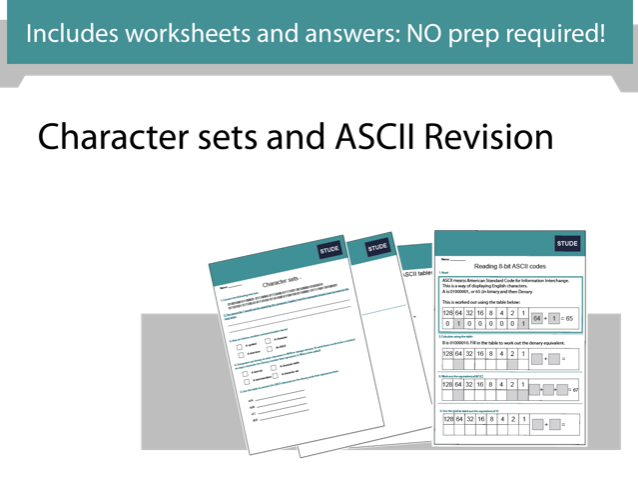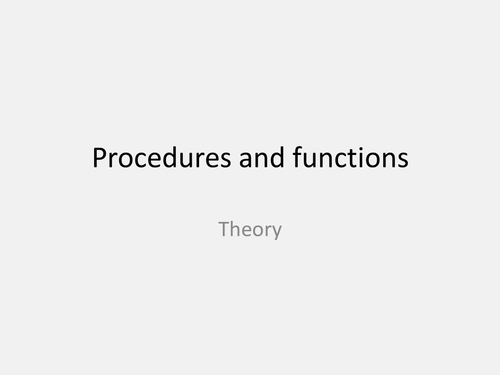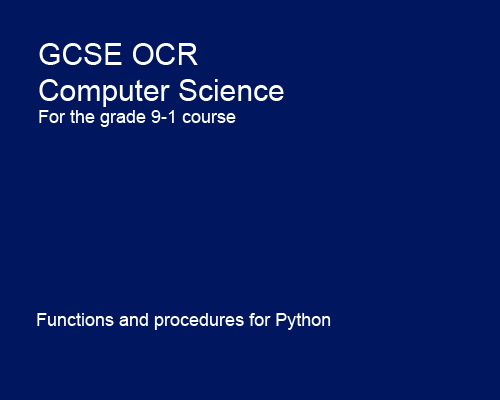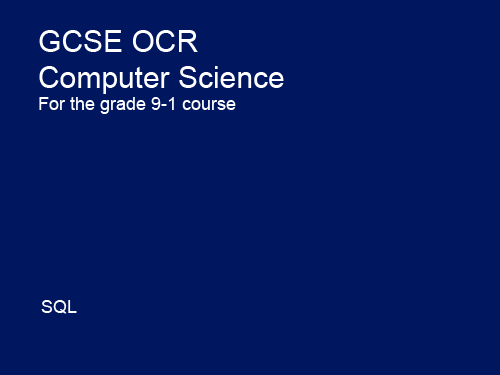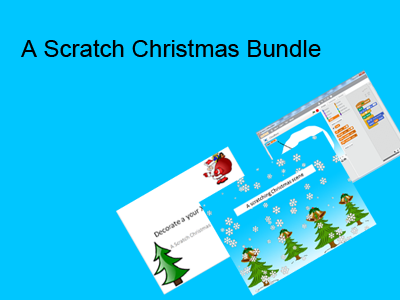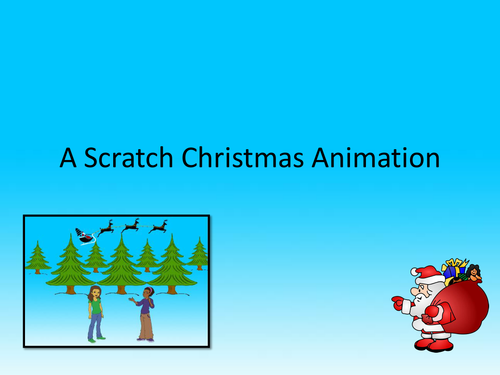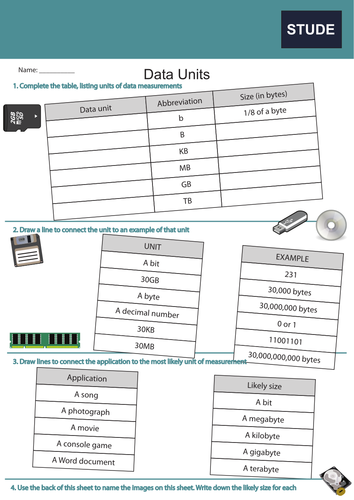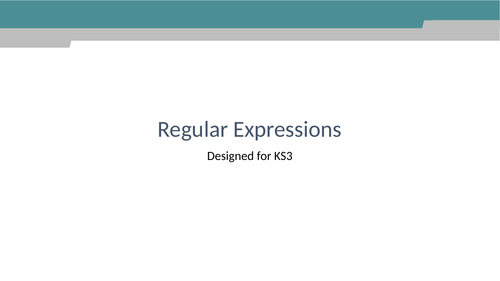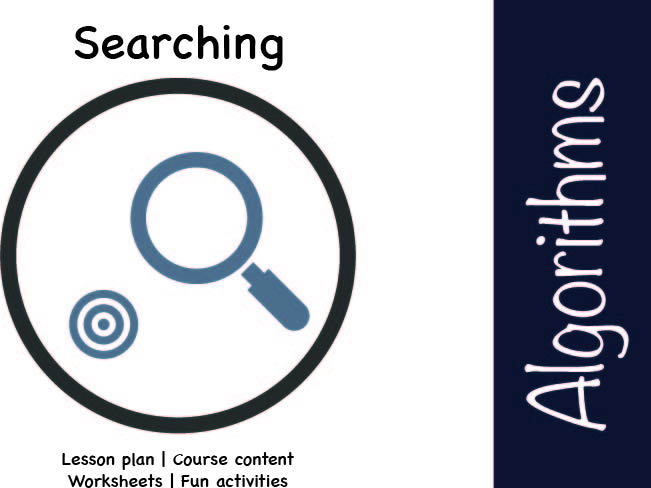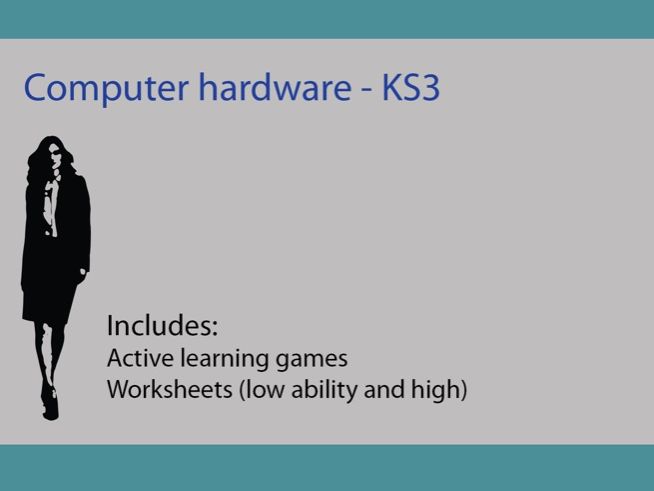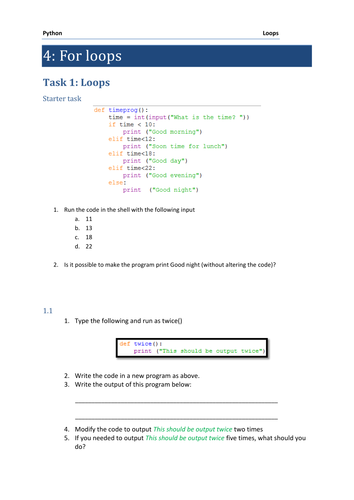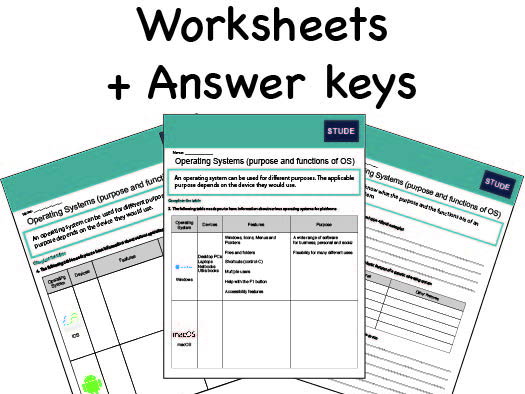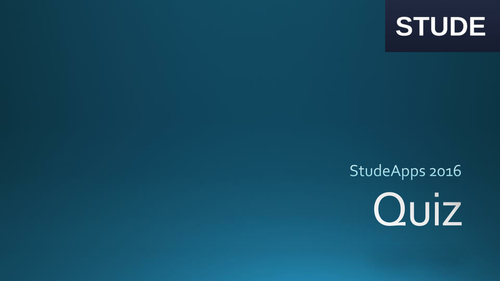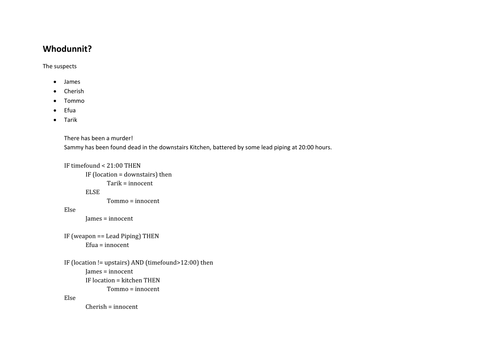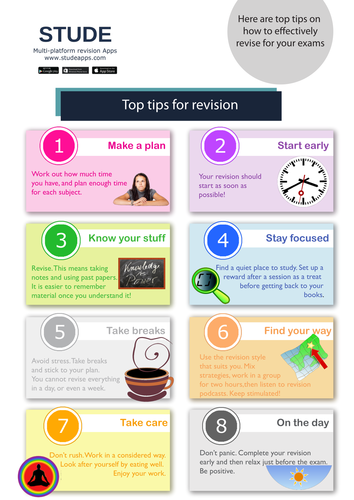
545Uploads
258k+Views
83k+Downloads
Computing
Bundle

GCSE Computer Science 9-1 – Revision carousel
For the AQA GCSE 9-1 Specification, and also suitable for OCR J276.
Designed as a revision carousel. Print out the worksheets before the session starts. The students can then move around the sections in groups. I run these as open book sessions and allow the students to revise / look up material on their phones / talk to try to solve the work as necessary.
Moving around the stops
You can tell the students that they have 10 minutes for each stop. If you pursue this strategy you can be flexible with the amount of time that the students have at each stop
Work and then present
Each section has quite an amount of sheets, and you could choose to put them all out and the students present what they have learnt after a 15-20 minute session.
Alternatively, the students move around the stops, and at each one write on post-it notes any queries that they have. You could then address these at the end of the session.

GCSE Computer Science 9-1 – Character sets and ASCII Revision
For the AQA GCSE 9-1 Specification, and also suitable for OCR J276.
Contains a series of tasks for revision around ASCII and character sets for students to use in preparation for their exams.

Procedures and functions theory for GCSE Computer Science
The full lesson includes worksheet, plenary and homework.
This resource is not based on any particular programming language, so is applicable for any particular language you choose.
Bundle

Functions and procedures - GCSE Computer Science OCR 9-1 Programming with Python
A complete bundle for OCR 9-1, introducing Python. Has both theory and practical lessons; could be spread over two, three or four lessons as suitable for your context.

SQL - GCSE Computer Science OCR 9-1- Programming techniques
Teaches the requirements for GCSE Computer science, and uses a Microsoft Access (database included) to execute SQL commands.
2.2 Programming techniques
The use of SQL to search for data
SELECT
FROM
WHERE
LIKE
AND
OR
wildcards
Bundle

A Scratch Computing Christmas Bundle
A Christmas bundle for Scratch. Wonderful resources with that festive feel for your classes!
Resources suitable for KS2 and KS3, including extension activities (open-ended). Recommended that you pick an activity, and let their imagination run wild, while of course they are learning!

Arrays theory for GCSE Computer Science
Teaches students about arrays.
There is also a supporting (free for ever) article about arrays on Medium to support your teaching: https://studeappsblog.medium.com/programming-with-arrays-298d0e594353.
This resource is not based on any particular programming language, so is applicable for any particular language you choose.
It can feel tricky to teach this topic. These resources are there to help you, with the same support that is always avaliable for you when you purchase on of StudeApp’s resources.
Helps with the use of arrays (or equivalent) when solving problems, including both one and two dimensional
arrays.

Scratch Christmas Animation KS2
Scratch Christmas animation designed for KS2.
Contains lesson plan and targets for the children to reach during the sesson.
Contains all assets and music for this great xmas lesson!

GCSE Computer Science Starters for OCR GCSE (9-1) J276
Designed for GCSE Computer Science OCR (9-1) J276.
These starters are designed to take the effort out of planning. There are 23 different pictures. You can display the large image and ask the students their opinion about both the image and the topic in hand. The other slide is a cline around creating degrees of intensity - this is great for showing literacy in your lessons.
Topics covered:
1.1 Systems architecture
1.2 Memory
1.3 Storage
1.4 Wired and wireless networks
1.5 Network topologies, protocols and layers
1.6 System security
1.7 Systems software
1.8 Ethical, legal, cultural and environmental concerns
Featured as part of a great time saving bundle: GCSE Computer Science for OCR (9-1) J276 lessons without the planning.

Data Units worksheet for KS3 or GCSE computing
Suitable for KS3 or perhaps GCSE computing. Based around data units, contains both questions and answers.

Regular expressions for GCSE and A level computing
An introductory presentation and worksheet (with answers!) that can be used for GCSE students or, likely, A-level students.

Searching Algorithms - The Fundamentals COMPLETE UNIT - GCSE Computer Science Resources
Highly recommended searching algorithms pack for GCSE - workbook, lesson plan, worksheets, posters and more!
Suitable for teachers of GCSE, and will be of particular interest to PGCE students, NQTs or departments that need that little bit of support in the delivery of this challenging qualification.
You get high quality original resources that are both class-tested and lesson ready. You may of course alter and modify the resources for your class, and you get my support for the lessons (worksheets have been developed for customers and added to packs in the past).
Use the completely free (forever) workbook available at: https://medium.com/@studeappsblog/searching-algorithms-2d2269e1a316?sk=68df2cddbf0bf1f1263b695e0120f44b
Worksheets(with answers):
ComparingSearchAlgorithms
SearchingAlgorithms
SearchingAlgorithms2
SearchingAlgorithms3
SearchingAlgorithms4
Further Worksheets:
Brainstorm
Datasets:
Searching Data
Workbook Table of Contents:
Searching Arrays
An array to store elements
The search
The random search
The linear search
The binary search
The algorithm
The algorithm in words
Comparing the methods
Rounding up

Computer and computing hardware - KS3
Worksheets and active games for a fantastic full session.
A full and interesting lesson. Worksheets, active learning games, extension tasks, this resource has it all!
Designed for use with KS3 groups.

Scratch 6-lesson KS3 Scheme of work
5 Lesson scheme of work for KS3 students (ideal for high ability year 7 or year 8)
Supported with Youtube videos.
Lesson 1 - Introduction to Scratch
Lesson 2 - Algorithms
Lesson 3 - Design
Lesson 4 - Generalising problems
Lesson 5 - Variables
Lesson 6 - Project Assessment
Includes worksheets and resources. Designed for Scratch 2 (installed version), compatible with the online version of Scratch.

Python 5-lesson KS3 Sow
A series of worksheets and activities designed for Python 3.4.5.1
Suitable for upper KS3 for an introduction to GCSE programming.

Systems Software Lesson for OCR Computer Science
Complete lesson for Systems Software. Designed for OCR Computer Science (9-1) J276 but is more than useful for Computer Science students studying AQA and other exam boards.
Contains a PowerPoint presentation, and three worksheets to help you deliver the content.
Contains everything the students need to know:
the purpose and functionality of systems software
- operating systems:
- user interface
- memory management / multitasking
- peripheral management and drivers
- user management
- file management
- utility system software:
- encryption software
- defragmentation
- data compression
- the role and methods of backup (full and incremental)

Recursion and Recursive techniques in computing and computer science
A great lesson around how to teach recursion away from the computer.
Based around a flood fill recursive technique, and also includes an exercise to teach shortest network path (with in the teacher notes). The worksheets are available for your use, and contain answers to the programming challenges in Java, Python and Pascal.
Backed by the following post (free forever) https://studeappsblog.medium.com/recursion-what-is-it-b4e9093db4c4
This could be used for an A level or GCSE classes and can be used with a high ability KS3 class.

End of Year Computing Quiz - 2016
A quiz for the class for the end of summer term 2016. Can be used from year 7 to 11, but aligns with the KS3 national curriculum.
Either run with one answer sheet per pupil or put the students into teams.

Programming selection starter
A programming task to teach about selection. I use this with Python, but it is not a language dependent task. Helpful for talking about indentation.


